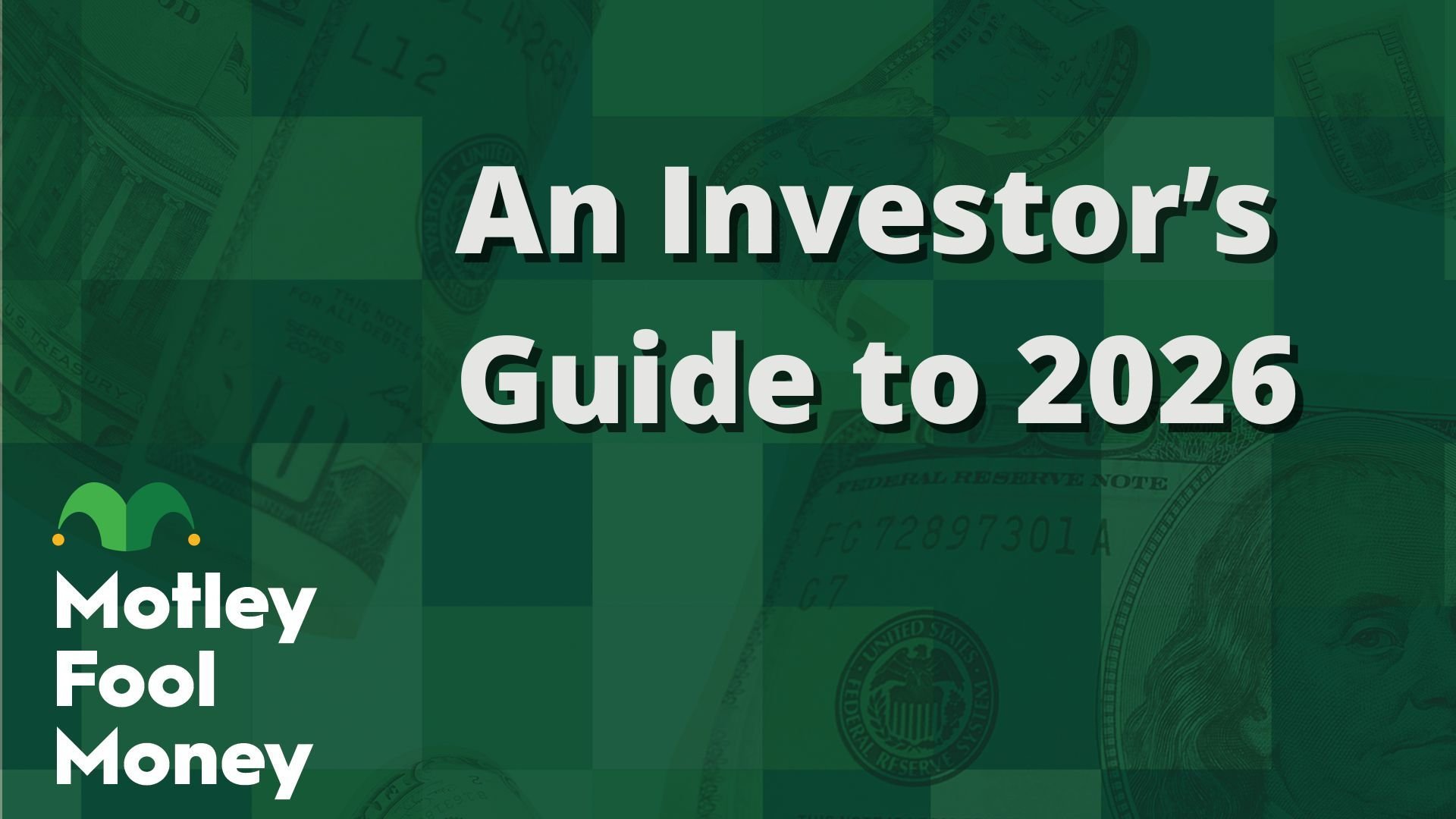While foreign banks are the same as U.S. banks in many ways, there are two big risk factors investors need to be aware of -- currency fluctuations and political risks. In this clip, host Michael Douglass and Motley Fool contributor Matt Frankel discuss how these risks can affect your investments.
A full transcript follows the video.
This video was recorded on March 5, 2018.
Michael Douglass: Of course, there are a few other things we should keep in mind. One of the big ones is, as I noted earlier, these are often headquartered in very different countries, with very different currencies. Currency fluctuation can be a big thing, it can make a really big difference to U.S. investors as they're approaching a bank based in, say, the U.K. vs. one that's based in Canada. There are very different things going on geopolitically with those two countries right now, and it's something you have to consider.
Matt Frankel: Yeah, definitely. With TD, just going back to their example, if you look at a chart of TD's dividend over the years, you might at first glance think they changed their dividend every day. But their dividend is paid out in Canadian dollars, which have fluctuated quite significantly over the past few years in relation to U.S. dollars. Just to give you a statistic, over the past five years, the U.S. dollar has strengthened by more than 22% against the Canadian dollar, which has had big implications not only for the dividend, but for the stock price, as well.
The same holds true for other countries around the world. Which is why, when it comes to foreign banks, I generally advise sticking to the most stable countries in terms of currencies. I tend to avoid emerging markets, for example, when it comes to banks. Currency fluctuations are definitely something to keep in mind, not only with dividends but in terms of the share price as well. Your stock can drop without any other reason than the U.S. dollar got stronger.
Douglass: And one of the more underlying business things we should talk about here, political and economic stability is a thing that we can assume in a lot of the world, but it's also something we can't assume in a lot of the world. And many of these financial institutions operate in places that, frankly, you really don't know what's going to happen, there's a lot of political instability. And that could be a sizable issue. Even, think of like Greece. Had Greece defaulted, that would have done some really interesting things to the financial system there, and it would have had some really big negative implications for the banks.
Frankel: And for some bank stocks, it did. National Bank of Greece, for example, their investors got wiped out. And not just instability, but a lot of places around the world are in different stages of the business cycle than we are. Europe, for example, is a few years back when it comes to recovering from the financial crisis. So, they haven't had the massive run up in bank stocks like we've had. To underline the point, they're not the U.S. Keep that in mind when you're trying to choose a foreign bank. Take a few minutes to get to know the political climate over there.
Douglass: Right. And one of the key things with that political climate to consider, as well, is the regulatory regime. As you mentioned, a lot of the international banks aren't subject to the same regulations as the U.S. banks. Again, that makes sense. These are foreign countries. But, for countries that really under-regulate their banks, what you could see is a bank that appears to really be knocking it out of the park on ROE and ROA, and they're making scads of money, and that's because they're making a lot of risky loans that, the moment that economy turns, really, really bad things start to happen. At the end of the day, for me, the key with any bank is not how it performs when it's doing well, it's how it performs when everything is going very poorly. That's really going to be the measure of a long-term investment.
Frankel: Yeah, definitely. Fortunately for us as investors, unfortunately for people who were invested then, we got to see how a lot of these banks reacted to tough times over the past decade or so. In some cases, they did pretty well, like in Canada, for example. And in some cases, like in Greece and a lot of other places in Europe, it wasn't so great. So, I would definitely advise, to continue on Michael's thought, going back about 10 years and seeing how some of these banks you're considering investing in performed in '08, '09, and in the years since. Like I said, a lot of places are still a little bit behind the U.S. in terms of recovering from the financial crisis.





